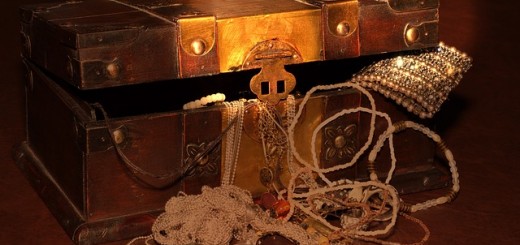My Dirshu Story

Now that it’s “merely” three weeks since their annual Siyum (celebration upon completing a unit of Torah study), I ought to contribute a few words about the Dirshu organization. Dirshu (which is created and sponsored by Rav Dovid Hoftstedter of Toronto) administers a number of learning programs, in which people around the world study the same texts at the same time. On roughly a monthly basis, they also offer tests, to be sure you have the opportunity to review and remember what you’ve learned. Do well on the test, and you can even get a check, which for Kollel students especially is no small incentive.
I knew about their program, but not that it was personally relevant — until they started a shiur in Mishnah Berurah (perhaps the most commonly used text of practical Jewish law) here in Baltimore, given by Rav Mordechai Frankel. I know and enjoy speaking with Rav Frankel, and the program sounded like a good opportunity to learn Halacha L’Maaseh in greater depth, so I thought, I should try this out. And the story that resulted is compelling enough that I want to share it.
The Chofetz Chaim, author of the Mishnah Berurah, passed away nearly 80 years ago — before many changes in technology and lifestyle that are normative today had taken place. So for the study of Jewish law, Dirshu had a group of scholars assemble more recent rulings, as well as relevant decisions from predecessors and contemporaries of the Chofetz Chaim not found in his work, into a “Musaf Dirshu” bound into a special edition of the Mishnah Berurah, printed opposite the original text. [For those interested, these volumes are heavily subsidized, and contain rulings from the Aruch HaShulchan, the Chazon Ish, Shevet HaLevi, Rav Moshe Feinstein, Rav Shlomo Zalman Auerbach, and ylchtv”a Rav Yosef Shalom Elyashiv shlit”a (may Yosef Shalom ben Chaya Musha have a refuah sheleimah b’soch sha’ar cholei Yisrael) and many others.]
Several weeks ago, I woke up very early, and found myself with time to review before going to the early Shabbos morning minyan. At the time, following Dirshu’s schedule, we were studying the laws of putting out a fire that breaks out on Shabbos. Now today, most of these laws are not relevant, because we live in more urbanized settings in which a fire will almost certainly endanger someone’s life if not put out immediately. In earlier days, it wasn’t so obvious that one should put out a fire on the Sabbath! So, among the laws with little bearing in our day, I found a note in the Musaf Dirshu (Siman 334, note 63, quoting the HaShulchan HaAruch HaRav) which points out that one is allowed to advise a non-Jew to do something on behalf of himself or another non-Jew. An unlikely situation, to be certain!
Shortly before I left the house, there was a loud roar of an engine followed by an even louder crash. The driver of a borrowed pickup truck, apparently distraught about something, had intentionally gunned the engine and rammed the vehicle into several parked cars — a block away from my house, and on the route I was to follow to get to prayers. When he came to his senses, he abandoned his (mildly) injured passenger and ran away.
I came upon the scene at the same time as a friend of mine who was also planning to go to the same minyan. My friend saw a non-Jewish neighbor emerge from his house, and told him that he ought to turn off the pickup’s engine, as it and other vehicles were leaking. And then he turned to me and said, “I wonder if I was allowed to do that.”
Can you imagine? I was able to show him “chapter and verse,” thanks to Dirshu.
A new English translation of the Mishnah Berurah has just been published, making the study of practical Jewish law more accessible to everyone. I’m not claiming that following the Dirshu schedule will bring such remarkable “coincidences” to your own learning, but you never know.




May that be the closest you come to implementing halachot regarding emergencies on the Sabbath. Chazak v’amatz.
nice story. i wonder if anyone disagrees with the Shulchan Aruch HaRav and their rationale.